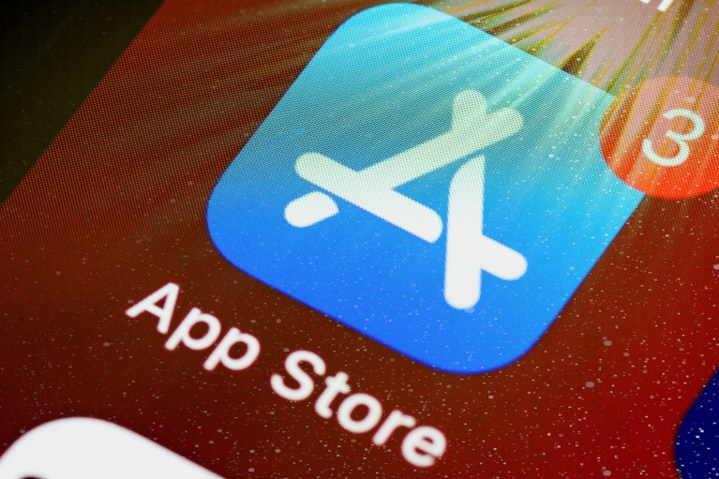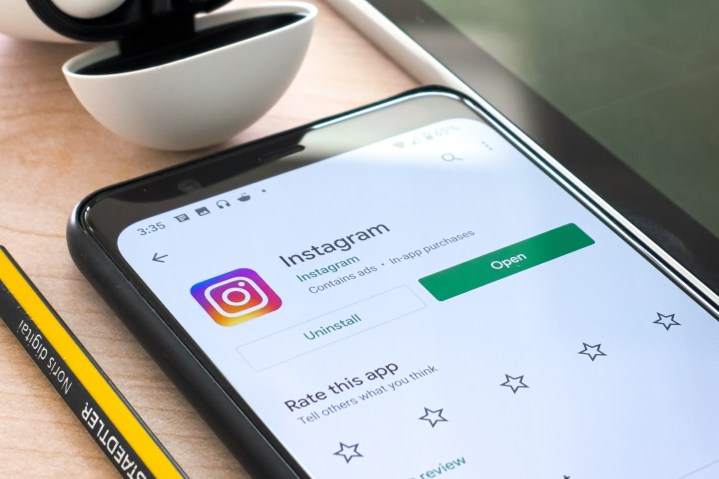Apple has always been known to have tight control over both its hardware and software, such as the iPhone and the iOS that powers it. However, it seems that the European Union continues to get more and more involved in regulating Apple’s most popular device, the iPhone.
So far, the EU has set a deadline for Apple to replace the Lightning port with USB-C by 2024, and more recently, it raised the possibility of opening up iOS to allow for sideloading and alternative app stores from third parties. Though this may seem like a good thing at first, I’m not so sure that’s entirely true. At the very least, it will cause some complications.
The App Store is a secure and trusted place
One of Apple’s biggest selling points is security. Because it controls both hardware and software, it can be very picky about what it allows on the digital storefront of the App Store. Though it’s not perfect, and there are certainly some flaws with the app review process, for the most part, it’s the single place users can go to download and install apps and games. Plus, any and all payments through these apps go through Apple, which is already a trusted name, rather than some third-party company that you may or may not be familiar with.
If Apple is going to allow third-party app stores, then it would have to add some kind of security measure to make sure that it’s a verified source, right? I’m thinking maybe something like how it’s currently done on macOS when you open up an app that wasn’t direct from the Mac App Store. But even then, one could simply bypass any security measure and just allow it, which could have bad consequences if it isn’t a legit source.
Also, what about payments? I have no issue with paying through Apple for apps because I trust it, as you don’t really see Apple in the news for data breaches. However, if third-party app stores become a thing and you give them your credit card information to pay for an app, game, or subscription, you may be at risk if that company has a data breach at some point.
I like using Apple’s own App Store because it’s a safe place to download apps and pay for them if need be. I’m not sure I have that same level of trust for third-party app stores.
Possibility of exclusive apps

Some may argue that “no one is forcing you to use a third-party app store.” Well, yes, for now, but that can always change in the future. For example, Meta has a lot of hugely popular apps, like Facebook and Instagram. What if Meta creates its own app store for iOS, pulls all of its current apps off of Apple’s App Store, and puts all of them on its own store? You’d no longer be able to get your apps updated and would be forced to use Meta’s own app store to get the latest version of Instagram with new features.
Other companies may also want to have their own exclusive apps too, and could even pay other developers to pull their apps from the App Store to just put them exclusively on a third-party app store, like Epic. This would create competition, but also force users to have multiple app stores that they may not want — I certainly don’t want to have three or four different app stores on my iPhone just to keep using certain apps. Or what about companies like Blizzard, Activision, and EA making you use of their own launchers for all those games you want to play?
One of the reasons people like iOS is because of its simplicity compared to Android. But if you’re telling a non-techie that you need multiple app stores just to keep their apps up-to-date, or an app is not available on the App Store because it’s “exclusive” to another one, it just adds a layer of unnecessary complexity.
This may very well be an unlikely scenario, after all, but imagine if it does come to fruition. With third-party app stores likely coming, anything is possible.
Piracy of apps by sideloading

Back when jailbreaking iPhones was more popular, I remember one of the more common reasons for jailbreaking was to pirate certain popular apps because they were premium, paid apps. While I don’t have an issue supporting developers who create software that has become an indispensable tool in my day-to-day, not everyone likes to pay for apps, unfortunately, and that’s when piracy comes into play.
Sideloading apps on iOS could lead to higher levels of piracy, because, again, not everyone feels that a developer’s hard work is worth the money. However, I do see a lot more apps these days that are free to download, though you need to pay a subscription fee or do an in-app purchase to unlock all of the features, rather than pay upfront apps. The market for apps, in general, has shifted, so maybe app piracy won’t be as big as it was back in the early days of jailbroken iPhones. Still, sideloading apps leaves that backdoor open for piracy, and I’m just not a big fan of it.
It’s not all doom and gloom
Though I have my concerns about Apple allowing third-party app stores, it probably won’t be all bad. It will open up the platform a bit more, giving users more freedom in how they choose to use their iPhone or iPad. We could finally have emulator apps and play all of our favorite old-school games to our heart’s content!
And who knows? Maybe someday we’ll get the iOS customization that we deserve.
Editors’ Recommendations

